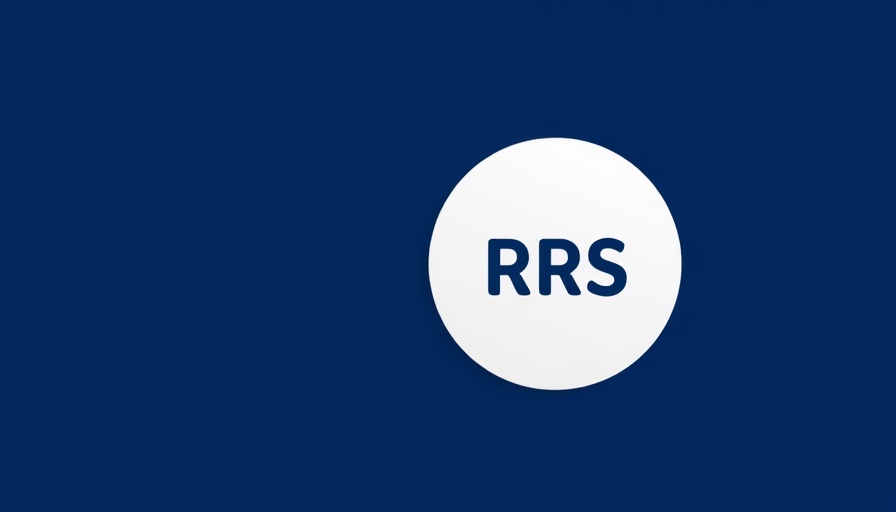
A Shocking Case: Selling Human Bones on Facebook Marketplace
In an unsettling incident that raises ethical questions about commerce and morality, a Florida woman, Kymberlee Schopper, has found herself facing felony charges for allegedly selling human bones on Facebook Marketplace. This bizarre case highlights how social media platforms are being utilized for dubious sales and the serious legal repercussions that can follow.
The Exploratory Investigation
The inquiry into Schopper's business, aptly named Wicked Wonderland, commenced after the Orange City Police Department received a concerning complaint on December 21, 2023. Screenshots and details about the listings, which totalled nearly $850 for various pieces of reportedly human remains, were provided. Such shocking claims could easily escape the notice of casual online shoppers but stood out as suspicious to alert citizens and authorities.
Unveiling the Reality of Human Remains in Commerce
As investigations unfolded, police seized five bone pieces, including a skull fragment and a clavicle. To ascertain their origins, forensic experts were brought in to conduct analyses, revealing that at least one fragment was archaeological in nature. Schopper attempted to explain her actions by claiming these bones were educational models, evoking the question, what constitutes acceptable educational materials?
Facebook Marketplace: A New Frontier for Controversial Sales
This incident serves as a poignant reminder of the challenges faced by social media and marketplaces when it comes to regulating sales. With thousands of transactions happening every minute, the ability to monitor and police every item can be daunting. Moreover, the line between legitimate needs and unethical practices becomes blurred, especially in areas rife with gray legality.
Legal Implications and Ethical Considerations
Schopper's arrest for second-degree felony offenses not only raises questions about the letter of the law but also the ethical implications of such transactions. How can society balance the need for transparency and safety with the desire for a free marketplace? As societal norms evolve, so too will the interpretations of what's permissible in the realms of art, education, and, unfortunately, commerce.
Lessons Learned: The Role of Community Vigilance
The swift response of the Orange City Police reflects the importance of community vigilance in addressing potentially harmful activities. Citizens play a crucial role in reporting suspicious activities, reinforcing the value of collective responsibility and public safety. The connection between community awareness and law enforcement not only enhances public security but encourages others to engage and take a stand against unethical practices.
Future Trends: Regulating Sales on Social Media Platforms
This case opens the discussion about the future of regulating sales on platforms like Facebook Marketplace. As these digital marketplaces continue to grow, so does the platform's responsibility to ensure safe and ethical practices. Enhanced monitoring, user verification, and accountability measures could prevent troubling incidents like this from occurring in the future, protecting both buyers and the integrity of commerce.
What Can We Do?
As consumers, it's essential to practice vigilance when browsing online marketplaces. Reporting suspicious items not only protects you but also safeguards the greater community from potential harm. Stay informed about what is legal and ethical in your area, and be mindful of the implications of purchasing unconventional items.
In summary, Kymberlee Schopper's case serves as a cautionary tale at the intersection of social media, commerce, and ethics. As societal norms evolve, we must carefully navigate the delicate balance of free commerce and the moral responsibility we share as consumers.
 Add Row
Add Row  Add
Add 
 Add Row
Add Row  Add Element
Add Element 



Write A Comment